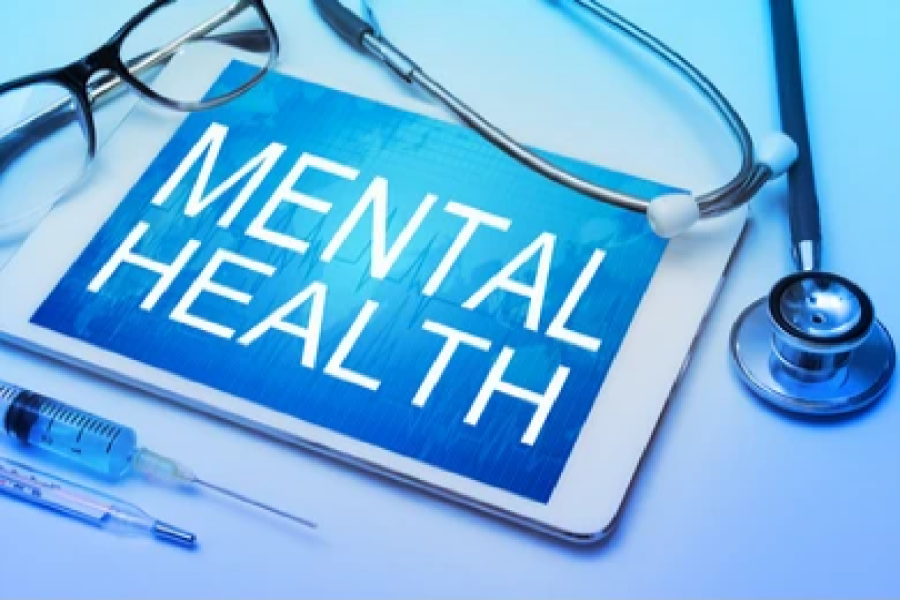Editorial
Minding mental health
Increasing the number of telephone helplines may be one of the ways to tackle the problem.
Mental health issues continue to be discussed in hushed tones as if to avoid undesired attention. Although an explanation of the direct cause of psychiatric illnesses at the biological level remains obscure, social and environmental factors appear more responsive to provide some use. The Covid-19 pandemic in itself may not have contributed excessively to the increasing angst, but it can be attributed to the measures taken to control the outbreak. While the government's lockdown seemed fitting given the situation, on the flip side, it led to restricted socialisation which sent people's financial woes spiralling out of control.
The new reality of ad hoc employment, working from home, home schooling and reduced physical contact pushed people over the edge, precipitating a mental health crisis. The National Mental Health Survey 2020, found that 10 percent of the participating adults had experienced a mental disorder in their lifetime while 4.3 percent were currently suffering from mental health issues; and worryingly, the prevalence of suicidality was 7.2 percent. These disturbing numbers paint a grim picture of the country's widespread prevalence of mental illness.
And rather than sweeping it under the rug, it is time that society learned to accept mental illness as any other medical illness to ensure that sufferers aren't stigmatised and can access help quicker. The impact of the pandemic on people's mental health is still being felt, and the crisis often leads to an increasing number of suicide attempts. Although suicidal thoughts are associated with depression and are usually a reaction to stressful situations, timely interventions and medical assistance could help prevent people from taking drastic steps, but very few people seek assistance either due to lack of awareness or for fear of being judged.
Despite telephone helpline services becoming an integral part of the suicide prevention strategy, the number of suicides has not waned. As per data provided by the Nepal Police, 6,792 people died by suicide in 2021-22, which translates into approximately 18 people daily. The figure shows a decrease from the previous fiscal year, but these numbers are still high and unsettling. There needs to be increased awareness of the help available for something preventable. According to clinical psychiatrists, even the severely depressed can be talked out of their impulse to kill themselves. Thus it isn't just about providing the service, but raising awareness of the availability of the service.
Suicide is a serious public health problem, with more than 700,000 people dying yearly. While the link between suicide and mental disorders is firmly established, it usually happens impulsively in moments of crisis. At the same time, breakdowns and problems are inevitable, which can be contained by investing more in preventative measures. Increasing the number of telephone helplines may be one of the ways to tackle the problem. Still, more earnestly, the issue of stigmatising mental health needs to be immediately addressed, without which all efforts would be in vain.




 14.24°C Kathmandu
14.24°C Kathmandu














